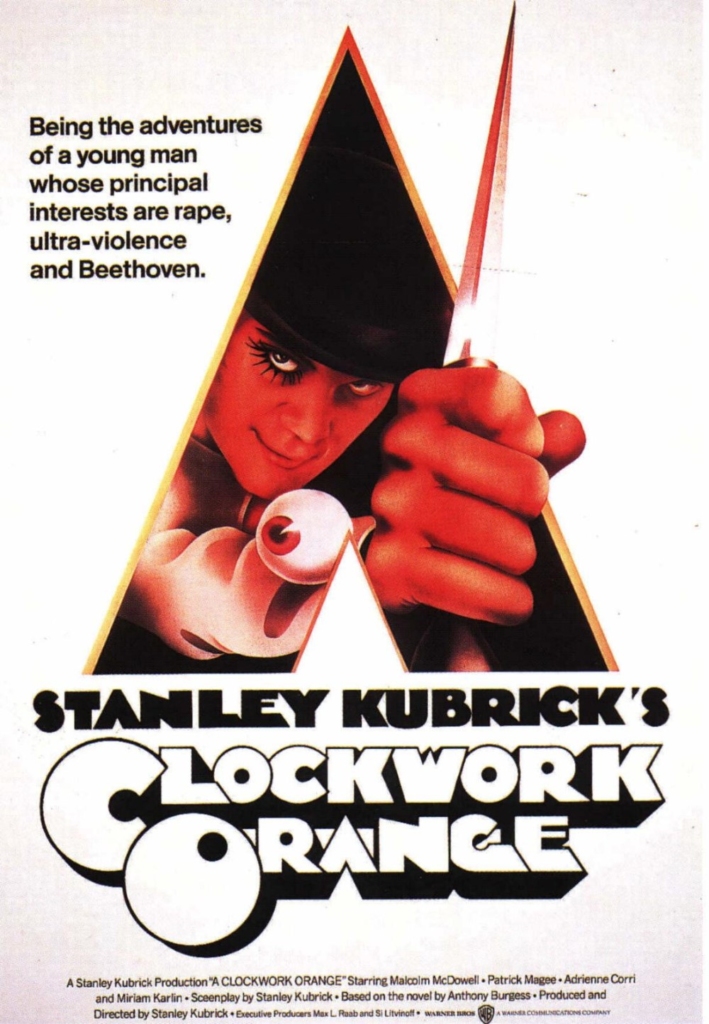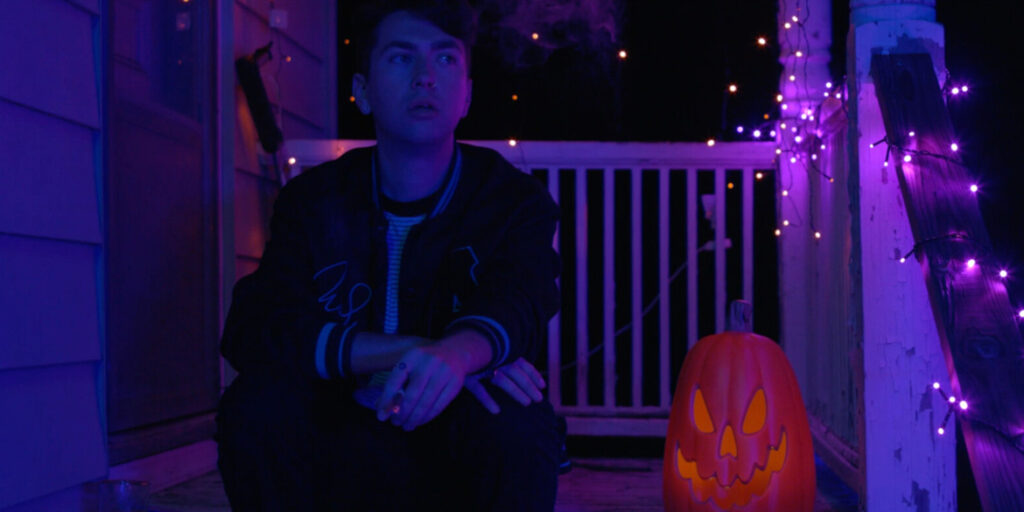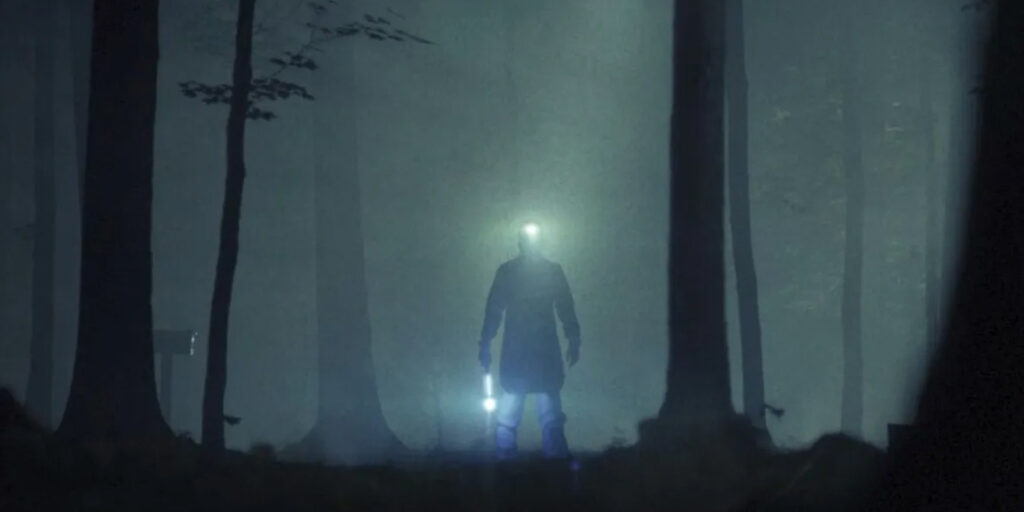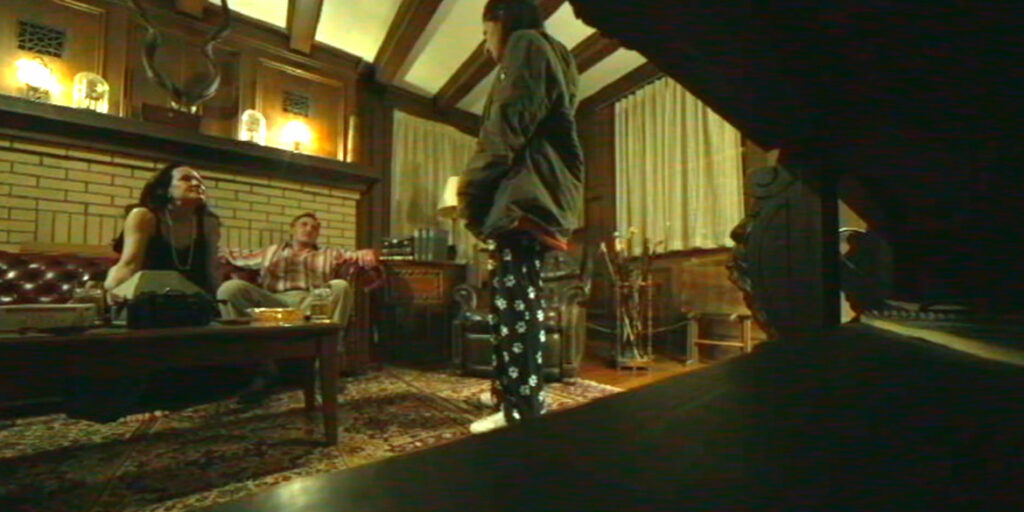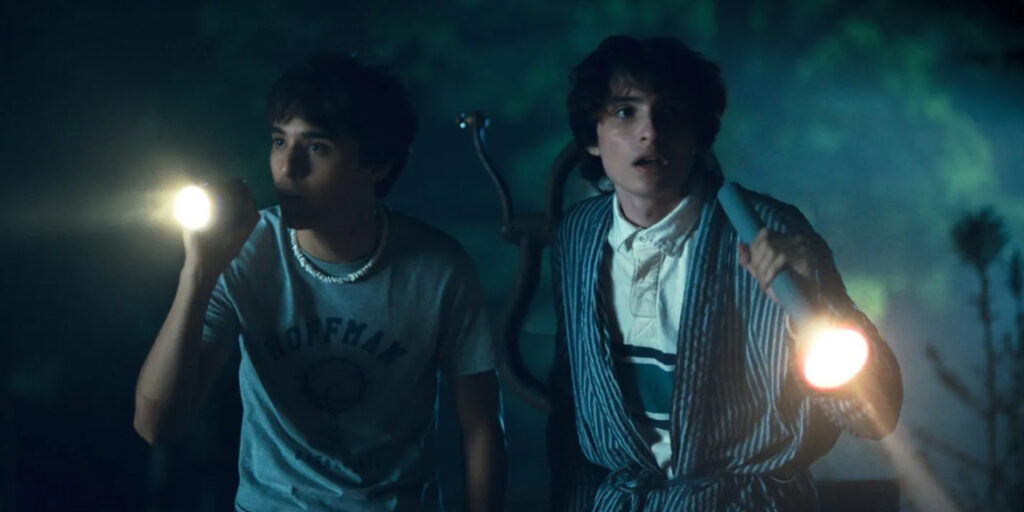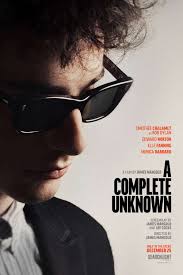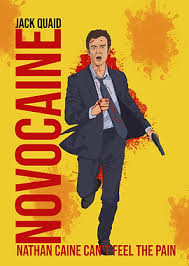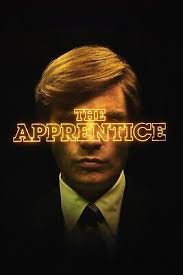Starring: Tim Connolly, William Hinson, and Emma Nossal
Directed by: Tim Connolly
Rated: NR
Running Time: 109 minutes
Our Score: 3 out of 5 Stars
There’s an overused horror marketing line that always makes me roll my eyes: “Nothing can prepare you…” It’s usually attached to something so terrifying it promises you’ll need a change of pants by the end. But with “Black Theta,” I can confidently say that nothing can prepare you for how damn funny it is.
I say that because the trailer and poster had me expecting another paint-by-numbers slasher. Instead, “Black Theta” goes for the jugular—and the funny bone. Andy (played by director/writer Tim Connolly) attends a trauma support group, one of the few people there with some genuinely horrifying baggage. Years earlier, he narrowly survived an attack by a masked intruder who murdered one of his friends. Now, he and his fellow group members are about to find themselves in another nightmare: a murderous cult has them in its crosshairs.
Beyond its obvious homages, “Black Theta” feels like a queer send-up of horror tropes, packed with sharp one-liners that either made me laugh out loud or left a mile-wide grin on my face. Comedy is notoriously difficult to pull off, especially in indie horror, but the cast here nails it—balancing absurdity with legitimate horror critique in a way that’s effortlessly entertaining.
That said, the movie doesn’t just lean on laughs. The finale delivers the blood-soaked goods with a series of creative and satisfying kills. If I have one big critique, it’s the runtime. At nearly 110 minutes, there’s a noticeable lull between the setup—where characters are introduced and positioned like pawns on a chessboard—and the eventual slaughter. Tightening it up to a sub-90-minute runtime would’ve made the pacing sharper and the film even more effective.
Still, Tim Connolly deserves serious props. He acts, writes, directs, and (from the looks of it) probably ran craft services too. “Black Theta” is a riotous homage to slashers that somehow finds a fresh voice in a genre that’s constantly recycling itself. What’s even more impressive is that Connolly clearly has the chops to go darker, bloodier, or more serious in future projects. And who knows—maybe he already has. After all, “Black Theta” is his third film.
